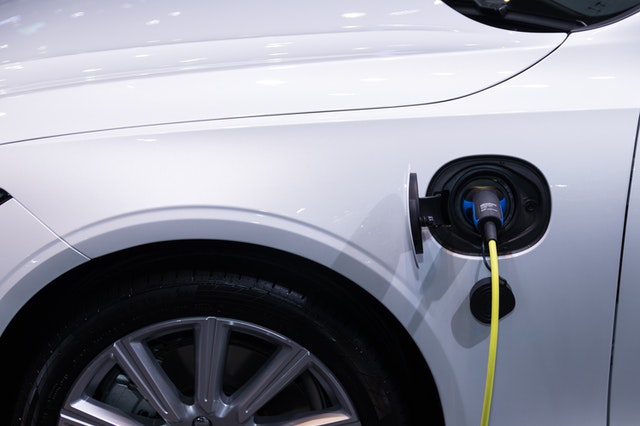Are Electric Cars Worth It? Here Are The 4 Myths About An EV

Electric Cars
Many car enthusiasts have an opinion about electric cars. They either love the idea or hate it with very few people with no opinion at all.
Now, there are pros and cons to everything and EVs are no exception. However, opinions should be based on facts so you can be informed instead of simply opinionated. You don’t have to fall in love with electric cars, but you should know the reality before you decide you are in favor or against.
There are a lot of myths surrounding EVs and many of them are wildly off the mark. We should debunk those myths so the idea of whether electric cars should hit the mainstream and replace traditional cars can be based on reality and not falsehoods or misunderstandings.
Let’s take a look at those myths so you can decide for yourself if you think an EV has a place in your garage.
1 – Not enough range
Yes, your mileage range is an issue at times, but more often than not, it isn’t ever a problem. Most electric vehicles get up to 300 miles before they need to be recharged. Very few people drive more than that in a day.
If you do need to drive quite a bit and worry about being left stranded on the side of the road with a dead battery, well it simply isn’t justified. You don’t have unlimited range with a gas-powered car and yet you manage to not run out of gas on a regular basis. And that is because you plan out your trips and make sure to put gas in before it runs out.
It is the same thing with an electric vehicle, just you need to plan a bit more. There are plenty of ways to find a charging station when you are out and about and there are more locations being added all the time. For instance, EVgo Map will show you all the locations in your area so if you need to stop for something you can plan it around a charging location to top up the batteries while you do other things like work or shop.
2 – Short battery life
There may be a little bit of truth to the idea that batteries will need to be replaced at some point in the future making the car obsolete or expensive. It may not ever happen though and the reality is that we simply don’t know.
EVs haven’t been in use long enough to understand the long term issues with them so theoretically this could happen.
However, battery technology is better than it has ever been and is long lasting. It does also highly depend on the model of the car as to how long they will last. For instance, air cooled batteries don’t last as long as liquid cooled ones so it does depend.
As the tech develops, there will likely be improvements either through software downloads or battery reconditioning that will add years to their life. It’s worth pointing out that the batteries in Tesla that have hit 100,000 miles have only lost 10% of their capacity. With the right engineering these batteries can end up lasting as long as an engine of a traditional car.
3 – Quick obsolescence
One of the problems with a new technology is that advancements happen very fast. The computer you bought last year is a shadow of what this year’s model is. And many people point this out when it comes to electric cars.
The funny thing is that even though there are massive improvements year on year, it should diminish any of the benefits of the car you have already bought. And since much of it has to do with software over hardware, you can likely upgrade your older car with patches that improve the performance.
Waiting for improvements until the cars are perfected is not a great strategy. You can start benefiting from having an electric vehicle right away without worrying about what comes next.
4 – Strained grid
There is a rather odd complaint about electric vehicles being less green than a traditional internal combustion based vehicle. And they point out that if electric cars become the standard it will strain the grid.
This just doesn’t add up. Sure, EVs are not as green as we would like them to be, after all lithium-ion needs to be mined. But, the grid is very flexible and will easily be able to absorb millions of cars charging. This is mainly due to the fact that they charge at night when electricity use is at a low point, anyway.





